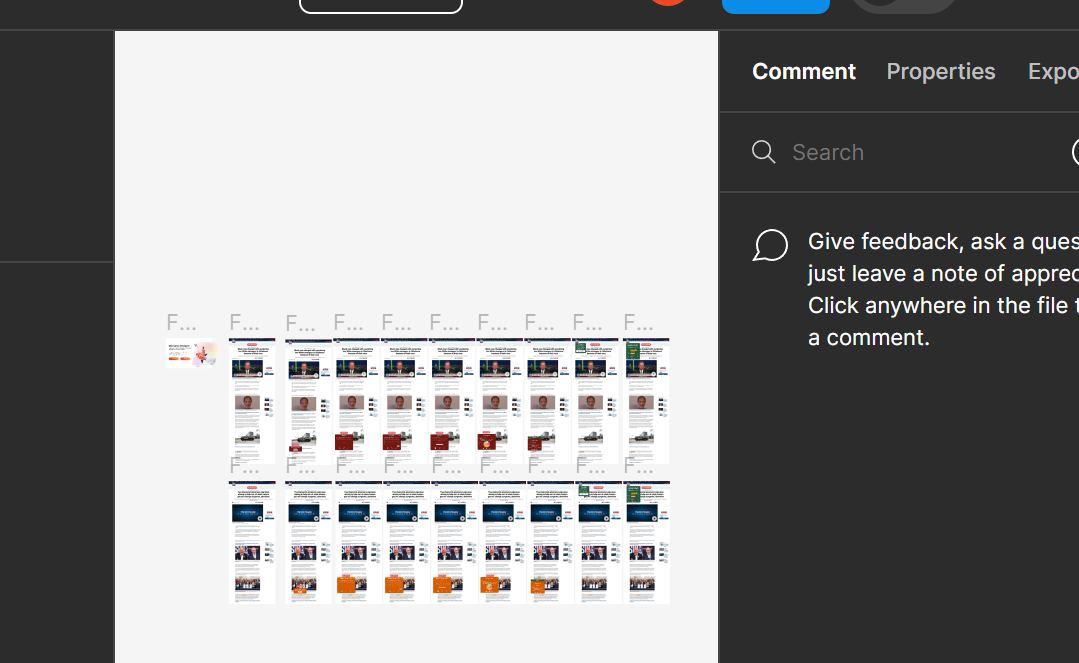Fallacy Finder
An AI-powered web tool to leavage the public's awareness of media's frequently-used contentious propagation strategies.
2023, Associated with: prof. Paulo Blikstein, Team with: Eury Hong, Renato Russo
Background / Problem / Rationale
Controversy exists on the role and approaches of education toward disinformation. This project focuses on one slice of the larger problem of disinformation: Linguistic devices used in news articles that can perpetuate harm against minoritized groups. We draw on our previous work and recent research to present Discourse Analyzer, a browser plugin to be used in learning activities facilitated by educators (recommended use) or as a stand-alone application available to end-users. Through a sequence of interactions that start with highlighting propaganda techniques in textual content, the plug-in provides its users with a learning experience that explains linguistic devices previously identified in literature. Overall, our approach is grounded in a commitment to social justice and equity, and we believe that Discourse Analyzer has the potential to make a significant impact in empowering minoritized groups to recognize and challenge harmful messages in the media.
Ideation
This project focuses on disinformation: false information created and distributed with the intention to cause harm [14]. That has become an increasing problem, affecting, for example, public health [9], and the very structures of democracy [5]. Despite the rise of interest of educators in the topic, current educational solutions do not address the problem effectively [16]. In this project, we build on existing work [11][7] to address one slice of the problem: fallacious arguments employed in text-based news published by media outlets online.
Our review of the literature and related work enables us to identify opportunities of blending the capabilities of AI and human criticality in debunking disinformattion. For example, Google Fact Checking Tools [17] provide a suite of tools for journalists and researchers to support publishers in identifying false claims before they get further spread. That suite is based on Google’s search engine, employed specifically to debunk false claims. Despite tapping into the strength of the search engine, results direct to fact-checking sites and sections in news portals that show checking conducted by humans.
......
Please find the full paper here
Our review of the literature and related work enables us to identify opportunities of blending the capabilities of AI and human criticality in debunking disinformattion. For example, Google Fact Checking Tools [17] provide a suite of tools for journalists and researchers to support publishers in identifying false claims before they get further spread. That suite is based on Google’s search engine, employed specifically to debunk false claims. Despite tapping into the strength of the search engine, results direct to fact-checking sites and sections in news portals that show checking conducted by humans.
......
Please find the full paper here
Implementation / Prototype

UX

List of Propaganda Techniques
Deliverables

UI in Figma
Team Roles (Not Ranked by Contribution, everyone works the best for the team)
- Renato Russo : Team Leader (his original project idea), Researcher, Learning Specialist
- Chongyang(Me): UI/UX Designer, Researcher
- Eury Hong: UI Designer, Researcher, Learning Specialist
- Chongyang(Me): UI/UX Designer, Researcher
- Eury Hong: UI Designer, Researcher, Learning Specialist
My Major Contributions
- Designed and Developed UI prototypes in Figma iteratively.
- Researched on related theories and propaganda strategies, and existing products.
- Collaboration and communication with team, sticking to the design decision.
- Researched on related theories and propaganda strategies, and existing products.
- Collaboration and communication with team, sticking to the design decision.
Highlights






×
![]()